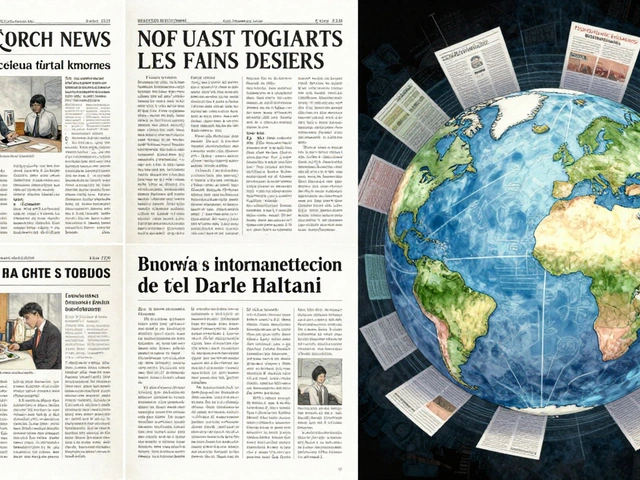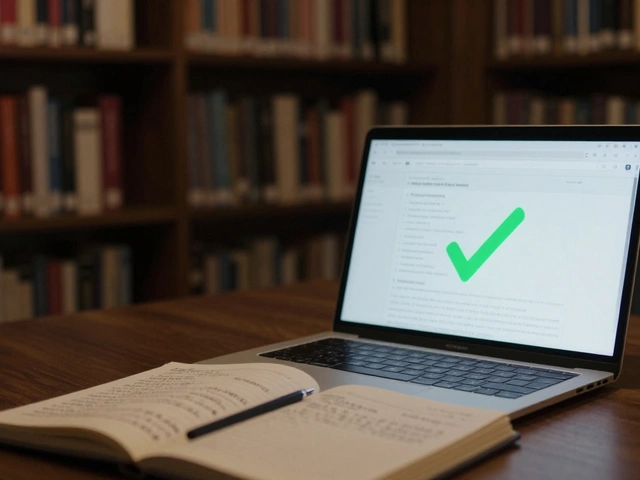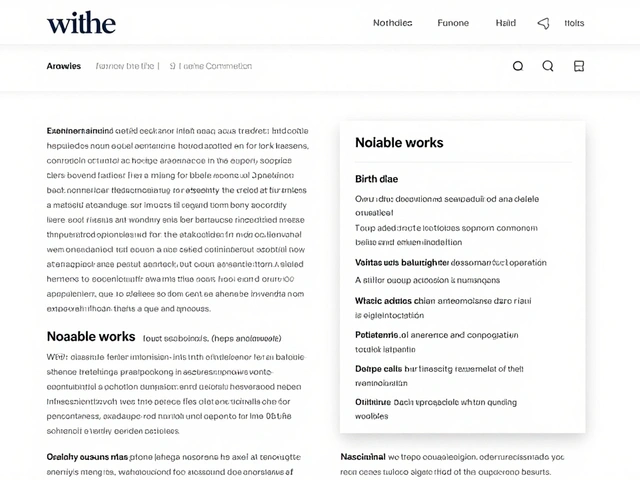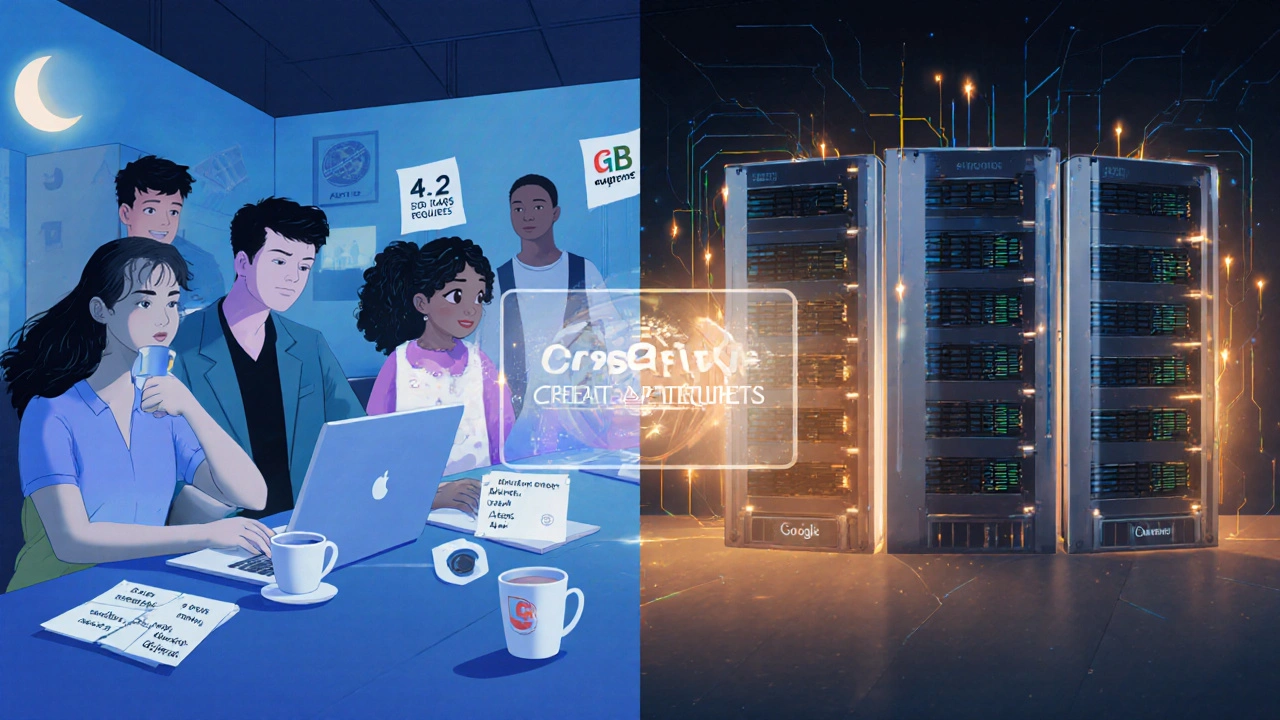
Wikimedia Enterprise launched in late 2021 with a bold promise: help large companies access Wikipedia data faster, more reliably, and at scale-without asking the volunteer community to pay for it. But behind the technical specs and enterprise contracts, a quiet storm brewed. Volunteers who spend thousands of hours editing Wikipedia felt blindsided. The question wasn’t just about money-it was about trust.
What Is Wikimedia Enterprise?
Wikimedia Enterprise is a paid service run by the Wikimedia Foundation (WMF) that sells high-volume, real-time access to Wikipedia and other Wikimedia project data. It targets corporations like Google, Amazon, and Microsoft-companies that use Wikipedia content in their products, from search results to AI training data. The service offers features like guaranteed uptime, custom data formats, and SLAs (service level agreements) that regular public APIs don’t provide.
It’s not a paywall. You can still read Wikipedia for free. But if your company needs to pull millions of edits per day, WMF now offers a commercial tier. The idea? Use corporate revenue to fund infrastructure, not donations from individuals. By 2024, Wikimedia Enterprise had signed 17 major clients, bringing in over $12 million in its first three years.
Why the Community Felt Left Out
For over 20 years, Wikipedia’s funding model was simple: small donations from readers. Volunteers didn’t expect to be paid. But they did expect to be heard. When WMF announced Wikimedia Enterprise in 2020, most editors learned about it through news articles, not internal forums. No survey. No town hall. No vote.
Some editors worried the service would shift WMF’s priorities. If the foundation starts relying on corporate contracts, does it become more accountable to CEOs than to the people who keep Wikipedia alive? Others feared it could open the door to corporate influence-like companies paying for favorable edits or pushing their own data formats.
One editor, known by their username LibrarianOfBabel, wrote on Meta-Wiki: "I’ve spent 12 years fixing bot errors and vandalism. Now I’m supposed to be okay with a foundation that sells our work to Big Tech? Who’s really protecting the mission?" That post got 1,200 upvotes.
How WMF Responded-And What Changed
By mid-2023, pressure from the community forced WMF to act. They didn’t shut down Enterprise. But they did change how they talked about it.
First, they published a full transparency report showing every client, contract value, and how funds were spent. Over 85% of Enterprise revenue went into server costs, bandwidth, and developer salaries-none of it went to executive bonuses.
Second, they created the Enterprise Advisory Group, made up of 12 long-time editors and three WMF staff. This group now reviews every new Enterprise feature before launch. One rule they wrote into policy: "No client can request data exclusivity or preferential treatment over public users."
Third, they added a new clause to their Terms of Use: "All Wikimedia Enterprise revenue must be reinvested into the Wikimedia movement. No profit distribution to shareholders or affiliates is permitted." This wasn’t just a PR move-it was legally binding in WMF’s bylaws.
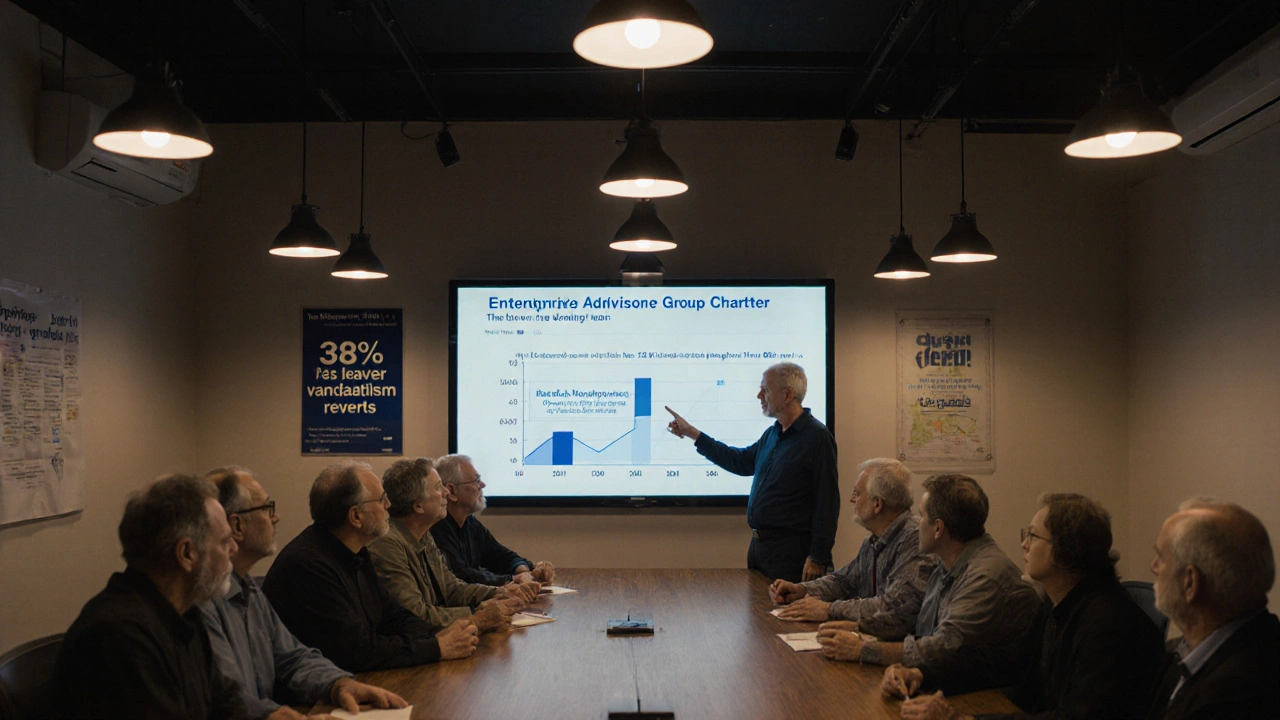
What the Numbers Show
By October 2025, Wikimedia Enterprise had processed over 47 billion API requests from clients. That’s 12% of all Wikipedia traffic. But here’s the twist: that 12% doesn’t mean 12% of readers. It means 12% of the data being pulled by machines.
Meanwhile, the number of active editors on English Wikipedia has held steady at around 100,000 monthly contributors since 2022. That’s down from 150,000 in 2015, but stable after years of decline. WMF credits part of that stability to Enterprise revenue funding moderation tools and anti-vandalism bots.
A 2024 internal audit found that bots funded by Enterprise money reduced vandalism reverts by 38% compared to 2021. That means editors spend less time cleaning up and more time adding new content. One editor told a WMF researcher: "I used to spend half my shift undoing spam. Now I write about obscure 19th-century poets. It’s why I stayed."
Where the Tension Still Exists
Not everyone is convinced. Some editors still see Enterprise as a betrayal. They point to the fact that Google uses Wikipedia data to power its AI summaries-without paying a dime to the volunteers who wrote it. Meanwhile, WMF collects $1.2 million a year from Google’s Enterprise contract.
Others worry about data misuse. In early 2025, a whistleblower reported that a client used Enterprise data to train an AI model that generated fake Wikipedia-style entries promoting a pharmaceutical product. WMF investigated and terminated the contract within 72 hours. But the damage was done. The story went viral in tech circles.
There’s also the issue of visibility. Most editors still don’t know how much money Enterprise brings in-or where it goes. WMF publishes reports, but they’re dense, technical, and buried in a subdomain. Few volunteers read them.

What’s Next for Wikimedia Enterprise
WMF is now testing a new feature: Community Impact Credits. For every $100,000 in Enterprise revenue, $5,000 will be allocated to a community grant program. Editors can submit proposals for tools, events, or outreach projects. In 2025, five grants were awarded: one for a mobile app that helps rural editors in India, another for a Spanish-language fact-checking bot.
They’re also exploring a "pay-what-you-can" model for small businesses and nonprofits that use Wikipedia data. A local history museum in Wisconsin, for example, now pays $20/month for clean data feeds-down from $200 under the old pricing.
The biggest change? WMF now holds quarterly public Q&As with the Enterprise team. No filters. No PR spin. Volunteers ask hard questions. And WMF answers.
Is This Sustainable?
Wikimedia Enterprise isn’t going away. It’s too useful for the modern web. But its success now depends on one thing: whether the community believes it’s fair.
The volunteers didn’t build Wikipedia to serve corporate dashboards. They built it to serve the public. Enterprise doesn’t have to be the enemy-if it’s transparent, accountable, and clearly benefits the people who make the content possible.
Right now, the signs are mixed. Revenue is up. Editor burnout is down. But trust? That’s still being rebuilt, one honest conversation at a time.
Is Wikimedia Enterprise the same as Wikipedia’s paid editing?
No. Wikimedia Enterprise sells access to Wikipedia’s data-like a bulk feed of articles and edits. It does not pay editors to write or change content. Paid editing, where individuals are hired to alter articles for clients, is strictly forbidden by Wikipedia’s policies. Enterprise is about data delivery, not content manipulation.
Does Wikimedia Enterprise affect how Wikipedia articles are written?
Not directly. Articles are still written and edited by volunteers following the same rules. But indirectly, Enterprise funds tools that help maintain article quality-like bots that detect vandalism or flag biased language. So while it doesn’t shape content, it supports the environment where content is created.
Can I opt out of having my edits used by Wikimedia Enterprise?
No. All edits on Wikipedia are licensed under Creative Commons, which allows commercial use. This has been the case since 2009. Enterprise doesn’t change that. If you don’t want your edits used commercially, you can’t edit Wikipedia. That’s the trade-off for free, open access.
How much of Wikimedia Enterprise revenue goes to staff salaries?
Less than 15%. According to WMF’s 2024 financial report, 85% of Enterprise revenue goes to infrastructure: servers, bandwidth, data pipelines, and security. Staff salaries-including engineers and support teams working on Enterprise-are covered by the remaining 15%. Executive compensation is funded entirely by public donations, not Enterprise income.
Why doesn’t WMF just charge Google for using Wikipedia data?
They do-through Enterprise. Google pays $1.2 million annually for high-volume, reliable access. But Google also uses Wikipedia data in ways that don’t require a direct API-like indexing pages for search. Those uses are covered under Creative Commons licensing, which doesn’t require payment. WMF can’t legally demand money for those uses without changing the license, which would break Wikipedia’s core principle of free reuse.
What happens if a client abuses Wikimedia Enterprise data?
WMF has a strict abuse policy. If a client uses Enterprise data to generate misinformation, train biased AI, or bypass Wikipedia’s editorial rules, their contract is terminated immediately. In 2024, two clients were cut off-one for generating fake citations, another for scraping data to create deceptive product reviews. WMF publishes anonymized summaries of these actions to maintain transparency.
